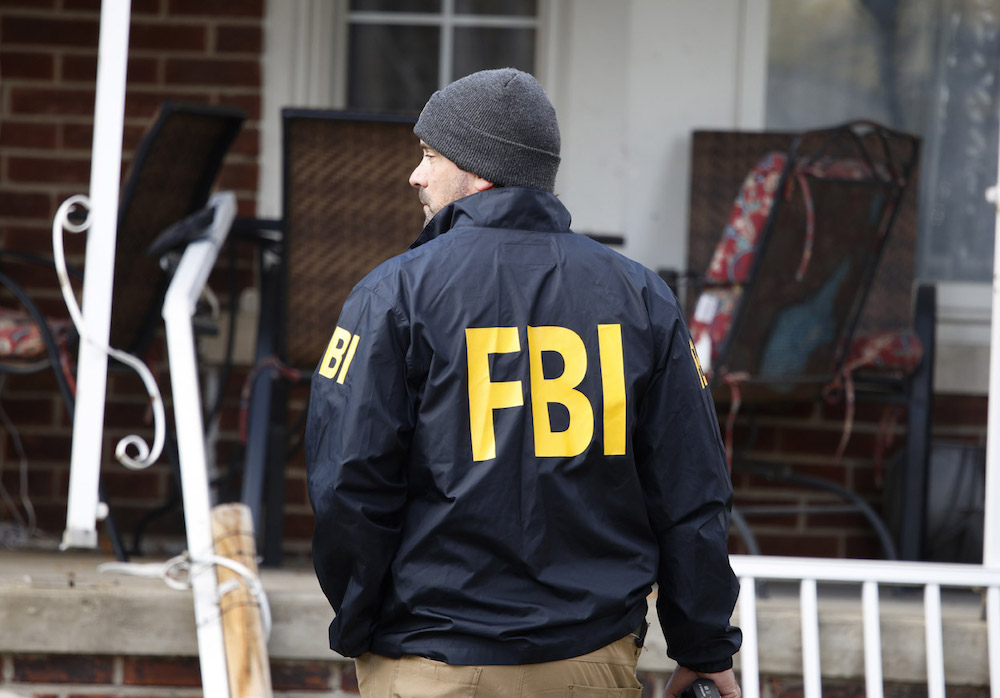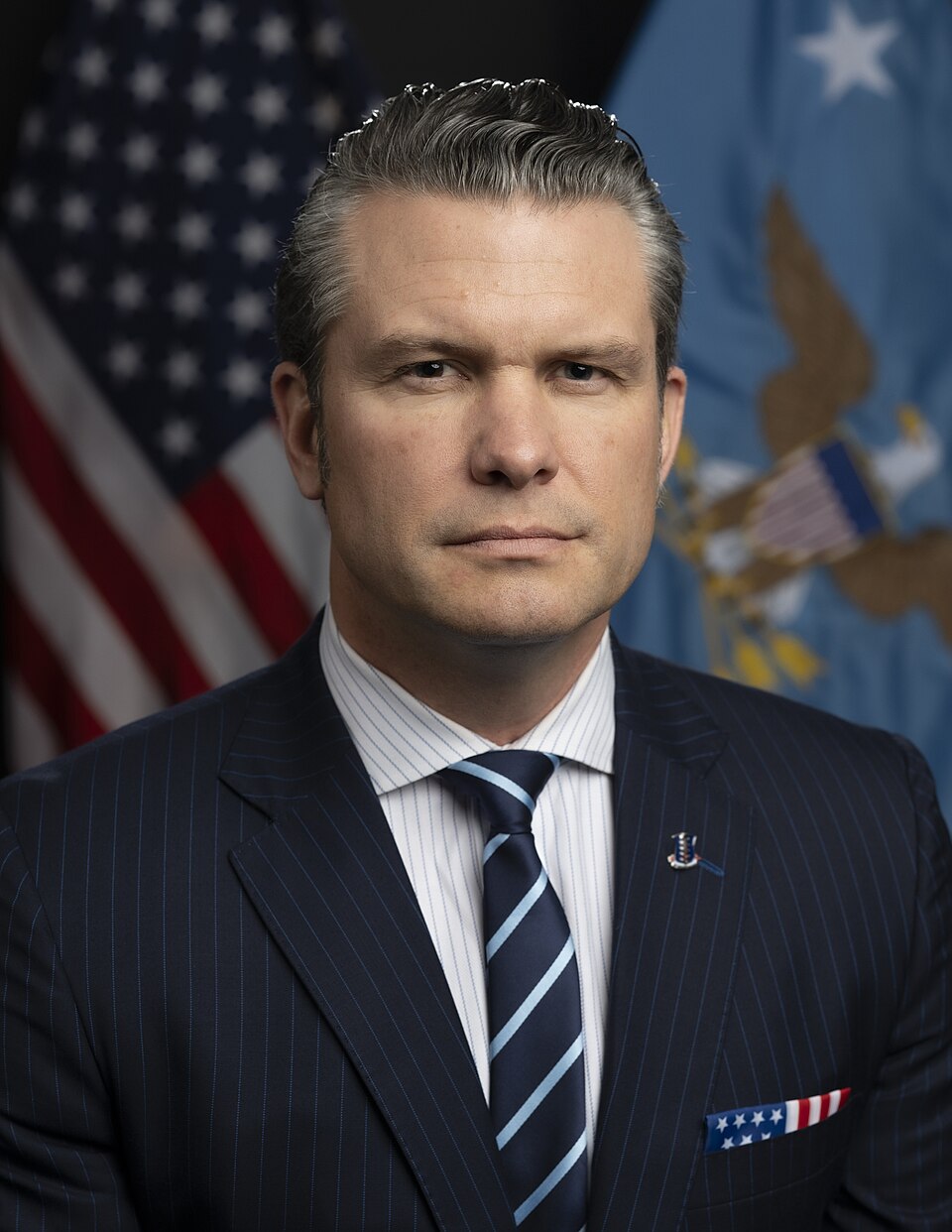
On March 20, the Michigan Attorney General’s Public Integrity Unit charged two U.S. Border Patrol agents with theft and misconduct while on duty. The two agents allegedly stole from a home while executing an agency-authorized search warrant. The case exemplifies the type of unchecked abuse and corruption that has become so rampant within the U.S. Bureau of Customs and Border Protection (CBP).
From 2010 to 2014 CBP agents shot and killed 28 people. Other charges against CBP agents included drug trafficking, theft, assaults, kidnapping and rape. Investigative reports from multiple sources paint a picture of a law enforcement agency that is out of control. Even worse, most of its victims are people who cannot fight back — undocumented immigrants and refugees with limited or no access to U.S. courts.
Report after report recounts tales of unchecked abuse of power. Agents frequently respond to cross-border rock throwing with deadly force. Sometimes CBP officers step into the path of moving cars to justify shooting the drivers as a “response to deadly force.” The agency has refused to ban either practice, disregarding recommendations from a report that it commissioned. Other kinds of corruption also plague the agency. A 2011 internal study by the CBP found that the agency’s disciplinary system “does not foster timely discipline or exoneration.”
The story of failure traces back to 2001. After 9/11, any legislation to protect U.S. borders sailed through Congress. Need more agents? Done. More money? Done. Lawmakers were eager to support border enforcement. In 2003, they merged the previously understaffed Border Patrol with Customs enforcement and Department of Agriculture inspectors to create the CBP. The new agency now has more than 60,000 employees, a $12.4 billion annual budget and a reputation for corruption and abuse. On average, at least one agent is arrested daily for misconduct, according to Politico Magazine’s Garrett M. Graff.
What happened was predictable. But no one bothered to consult law enforcement experts. Effective law enforcement requires high standards, careful screening of candidates for criminal backgrounds and for psychological fitness, and intensive training by experienced officers. The rush to fill a lot of vacant positions meant inadequate screening and skimping on training.
To read more click here.





